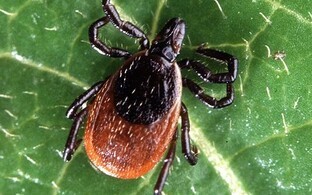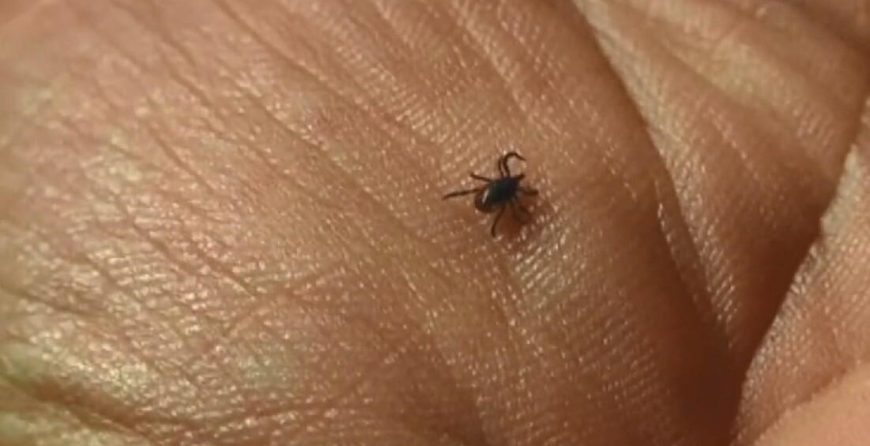New tick-borne disease reaches Estonia
A new tick-borne disease called babesiosis, caused by a single-celled parasite that infects red blood cells, has been identified. While this disease has primarily been found in Southern Europe, it has now been reported in cooler climate countries, including Estonia and Finland.
A new tick-borne disease, babesiosis, has joined the ranks of well-known tick-borne diseases such as Lyme disease and encephalitis. While babesiosis has primarily been found in the U.S. Northeast and Midwest as well as Southern Europe, it has also been diagnosed in Finland.
This year, eight people in Estonia have contracted this disease for the first time, and there has been one case of reinfection.
“Babesiosis is a parasitic disease and presents with common symptoms such as chills, fever, general weakness and flu-like symptoms. However, if left untreated, the risk of complications is quite high,” said Karita Košeleva, a physician with the family doctor’s advisory line.
Complications of the disease can include kidney or heart failure, liver and spleen problems.
Babesiosis cannot be diagnosed based solely on symptoms; additional tests are required.
“Treatment is usually effective and involves the use of both antibiotics and medications typically used for malaria. Often, a combination of these two is used,” Košeleva said.

While animals can be vaccinated against babesiosis, there is no suitable vaccine for humans. Babesiosis was detected in Estonian ticks years ago, with less than 2 percent of ticks being carriers at the time. No ongoing surveillance for this disease is currently conducted.
“It is possible for people to contract this disease, and sometimes the pathogens are not as severe, meaning a person might not even notice they have been infected,” said Maria Vikentjeva, a chief specialist at the Health Board.
When the National Institute for Health Development studied Estonian ticks for six diseases, only Lyme disease and encephalitis are currently being monitored by the Health Board. These diseases have shown a significant increase this year.
“In the first five months of this year, nine cases of encephalitis have been registered, compared to only four during the same period last year. The situation is similar with Lyme disease – about 400 cases were registered last year, while over 500 cases have been recorded this year,” Vikentjeva said.
SOURCE: https://news.err.ee/1609369922/new-tick-borne-disease-reaches-estonia
Image credit: ERR









